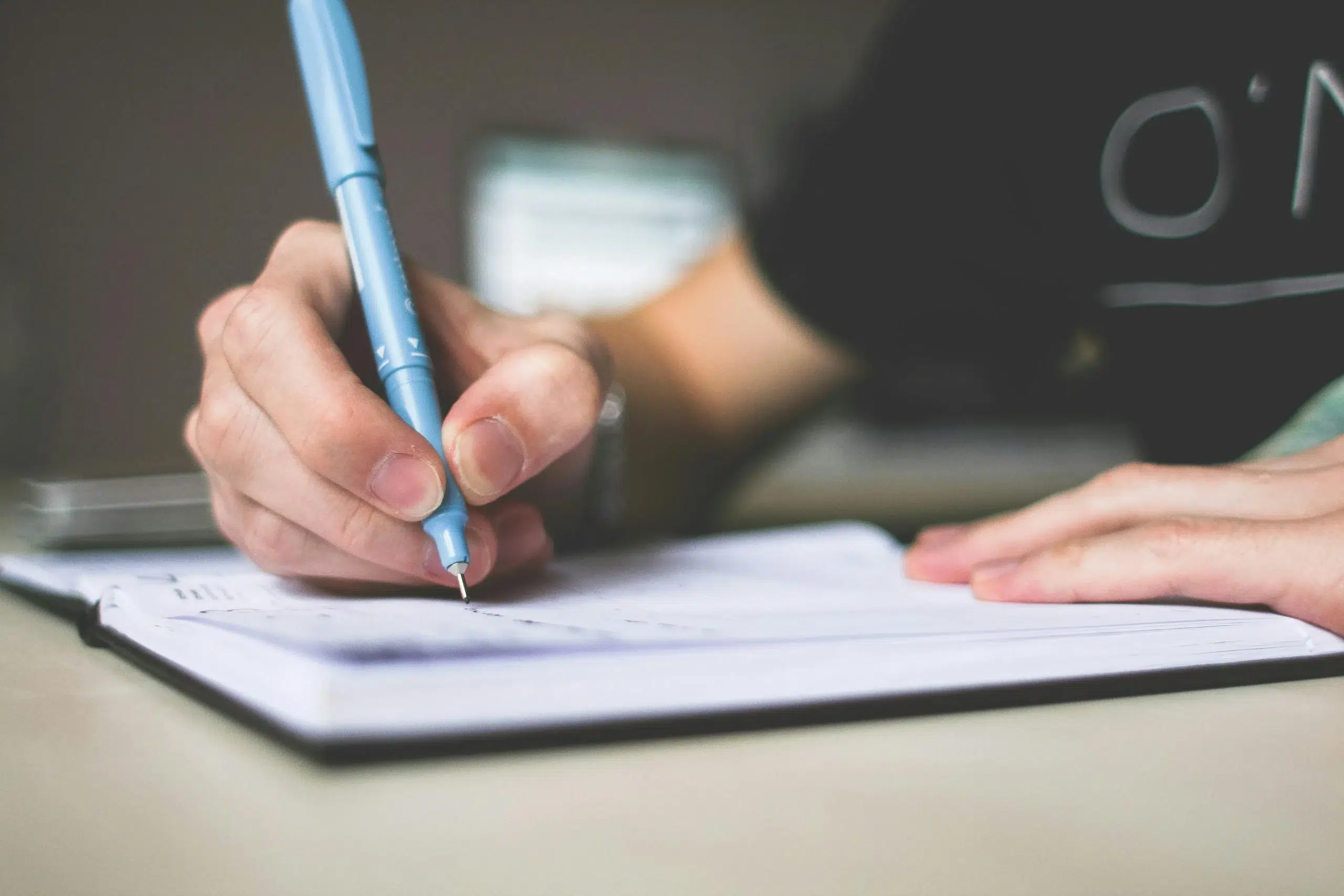
Getting a good sleep is better for overall health and mind. But many people struggle with insomnia, restless nights or poor sleep. Natural sleep aids provide a gentler and help to overcome this problem. In this article we’ll explore seven natural aids that actually work to get better sleep and improve the quality of sleep.And we will share the tips for better sleep to help you establish best bed time.
Top 7 Tips for better sleep
1. Melatonin
- Melatonin is a hormone that your body naturally produces to regulate sleep.
How It Helps:
- Helps regulate the sleep-wake cycle
- Supports people with insomnia or jet lag
- Effective for shift workers who struggle with irregular sleep patterns
How to Use:
- A typical dosage ranges from 0.5 mg to 5 mg taken 30–60 minutes before bedtime. Start with a low dose to see how your body responds.
Best For:
- People with jet lag.
- Those with delayed sleep phase disorder.
- Individuals with irregular sleep schedules.
2. Magnesium
- Magnesium is a mineral that plays a crucial role in relaxation and sleep.
How It Helps:
- Supports relaxation by activating the parasympathetic nervous system.
- Reduces muscle tension and stress.
- Improves sleep quality, especially in people with insomnia.
How to Use:
You can take 200–400 mg of magnesium before bed. Magnesium glycinate and citrate are the most effective forms for sleep.
Best For:
- People with high stress levels.
- Those experiencing restless legs syndrome.
- Individuals with muscle cramps.
3. Valerian Root
- Valerian root is an herbal remedy that has been used for centuries to promote relaxation and sleep.
How It Helps:
- Reduces the time it takes to fall asleep.
- Improves sleep quality without causing grogginess.
- Acts as a mild sedative for people with anxiety-related insomnia.
How to Use:
A standard dose is 300–600 mg of valerian root extract, taken 30 minutes to two hours before bed. It can also be consumed as tea.
Best For:
- People with anxiety-related sleep issues.
- Those who have trouble falling asleep.
- Individuals who prefer herbal remedies.
4. Lavender
- Lavender is well known for its calming scent and ability to reduce stress and anxiety, making it an excellent natural sleep aid.
How It Helps:
- Reduces heart rate and blood pressure, promoting relaxation.
- Improves sleep quality, especially in people with mild insomnia
- Helps ease symptoms of anxiety and depression.
How to Use:
You can use lavender essential oil by diffusing it in your bedroom, adding a few drops to your pillow, or applying it to pulse points. Drinking lavender tea before bed can also enhance relaxation.
Best For:
- People dealing with stress and anxiety.
- Those who prefer aromatherapy.
- Individuals looking for a gentle sleep aid.
5. Chamomile
- Chamomile is a well-known herbal remedy with mild sedative properties that can improve sleep quality.
How It Helps:
- Contains apigenin, an antioxidant that binds to sleep-inducing. receptors in the brain
- Promotes relaxation and reduces insomnia symptoms.
- Helps with stress-related sleep problems.
How to Use:
Drinking chamomile tea 30–60 minutes before bed is the most common way to use this natural remedy. Chamomile supplements are also available.
Best For:
- People with mild insomnia.
- Those who prefer natural teas.
- Individuals who need a gentle relaxation aid.
6. Passionflower
- Passionflower is another herbal remedy known for its calming effects on the nervous system.
How It Helps:
- Shortens the time needed to fall asleep.
- Improves overall sleep quality.
- Helps reduce symptoms of anxiety and stress.
How to Use:
Passionflower can be taken as a tea, capsule, or tincture. Drinking a cup of passionflower tea 30 minutes before bedtime is a simple and effective method.
Best For:
- People with anxiety-related sleep problems.
- Those who struggle to relax before bed.
- Individuals looking for a mild sedative.
7. Glycine
- Glycine is an amino acid that helps lower body temperature, which is essential for falling asleep.
How It Helps:
- Lowers core body temperature for faster sleep onset.
- Improves sleep quality and reduces daytime fatigue.
- Enhances overall relaxation.
How to Use:
Taking 3 grams of glycine 30–60 minutes before bed can improve sleep quality. It can be consumed as a supplement .
Best For:
- People who wake up frequently at night.
- Those with difficulty falling asleep.
- Individuals looking for a natural way to improve sleep quality.
Additional Tips for Better Sleep Other Then Natural Sleep Aids
Besides using natural sleep aids, improving sleep hygiene is crucial for long-term results.
Here are some tips to enhance sleep naturally:-
- Maintain a Consistent Sleep Schedule:-
Going to bed and waking up at the same time every day helps regulate your body’s internal clock.
- Create a Relaxing Bedtime Routine:-
Engage in calming activities like reading, meditation, or taking a warm bath before bed.
- Limit Blue Light Exposure:-
Reduce screen time at least an hour before bed or use blue light-blocking glasses.
- Optimize Your Sleep Environment:-
Keep your bedroom dark, quiet, and cool to create an ideal sleep setting.
- Reduce Caffeine and Alcohol Intake:-
Avoid caffeine and alcohol close to bedtime, as they can interfere with sleep quality.
Conclusion
If you struggle with sleep, trying natural sleep aids can be a gentle and effective way to improve rest without relying on medication. From melatonin to herbal teas, these remedies help promote relaxation and better sleep quality. However, practicing good sleep hygiene is just as important for long-term results.If sleep problems persist, consult a healthcare provider to rule out underlying conditions.
Also Read :- Yoga Day: Embrace Health and Harmony








